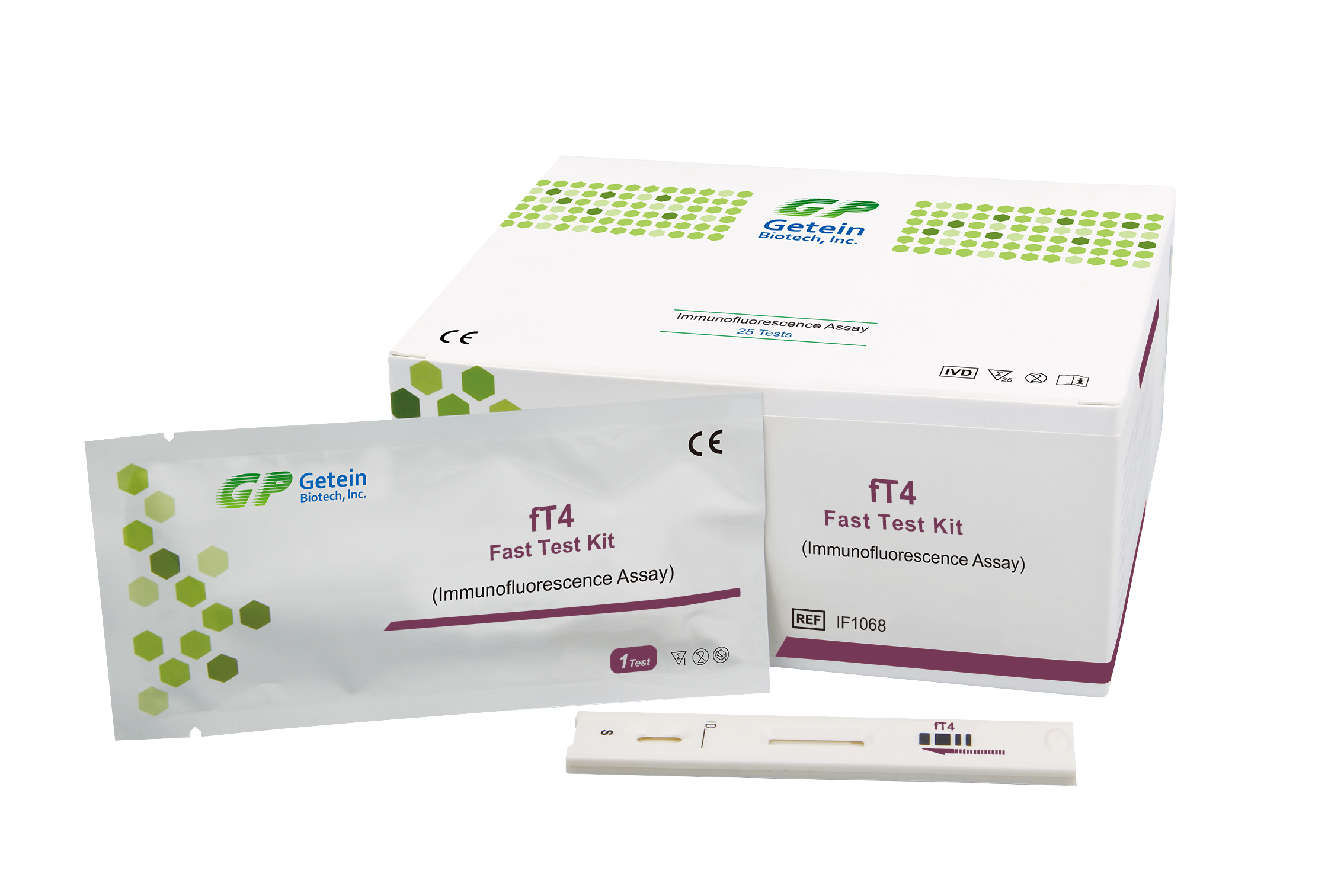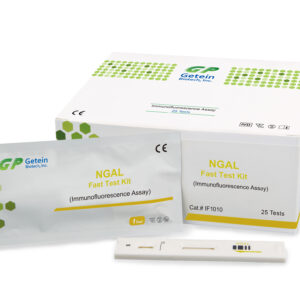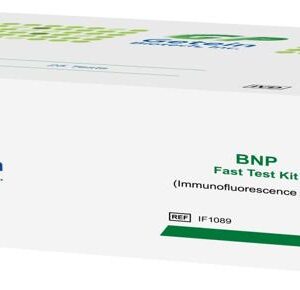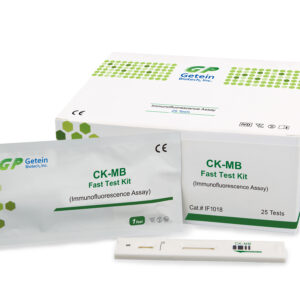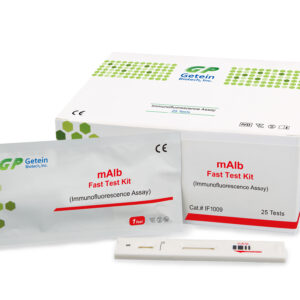Description
Thyroxine (T4) is the main thyroid hormone secreted into the bloodstream by the thyroid gland. Together with triiodothyronine (T3), it plays a vital role in regulating the body’s metabolic rate, influences the cardiovascular system, growth and bone metabolism, and is important for normal development of gonadal functions and nervous system.
T4 circulates in the bloodstream as an equilibrium mixture of free and serum bound hormone. Free T4 (fT4) is the unbound and biologically active form, which represents only 0.03 % of the total T4. The remaining T4 is inactive and bound to serum proteins such as thyroxine binding globulin (TBG, 75%), pre-albumin (15%), and albumin (10%). The determination of free T4 has the advantage of being independent of changes in the concentrations and binding properties of these binding proteins; additional determination of a binding parameter (T uptake, TBG) is therefore unnecessary. Ther- efore, free T4 is a useful tool in clinical routine diagnostics for the assessment of the thyroid status. It should be measured together with TSH if thyroid disorders are suspected and is also suitable for monitoring thyrosuppressive therapy.

